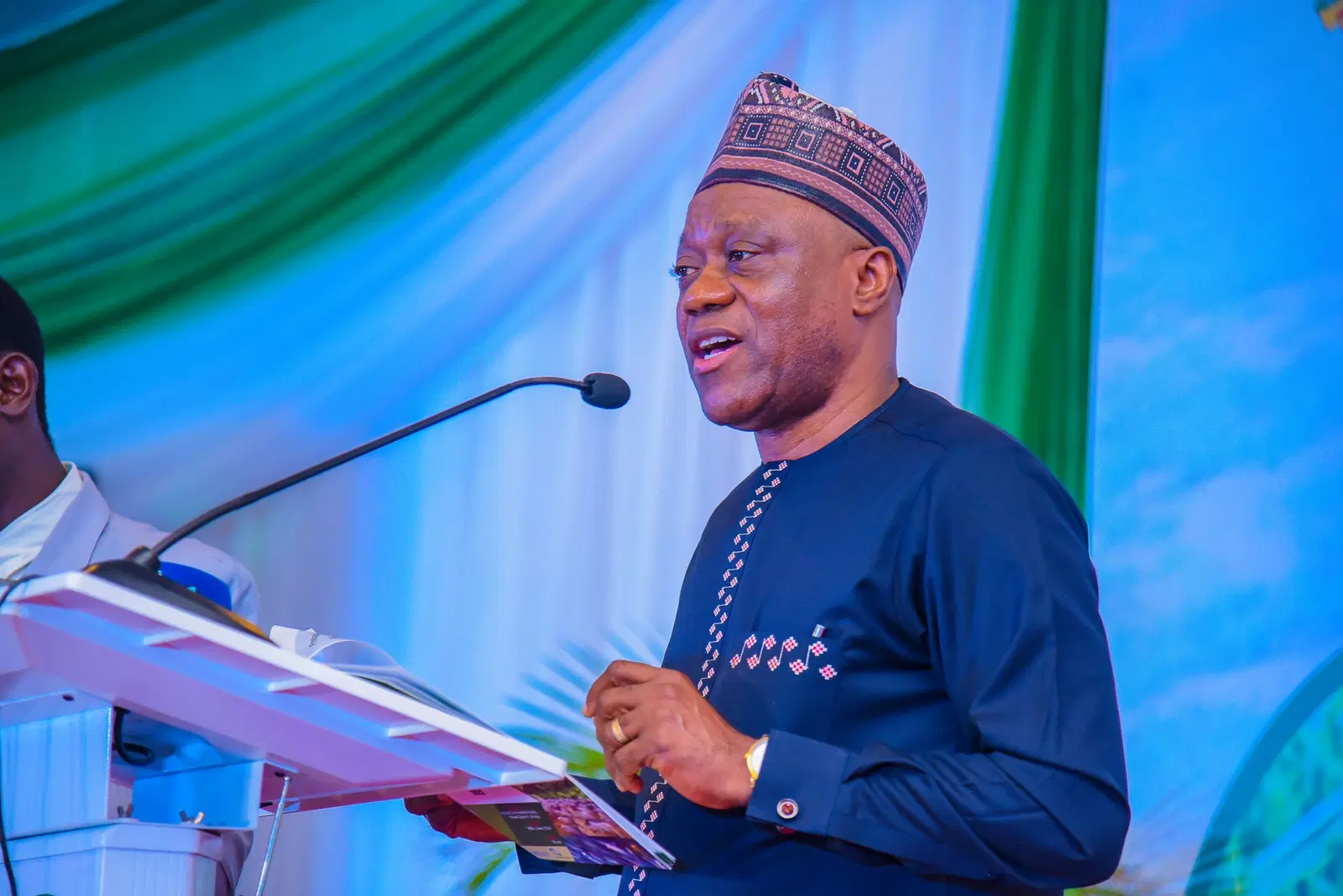As Nigeria anticipates new data on poverty, Gross Domestic Product (GDP), and the Consumer Price Index (CPI), the National Bureau of Statistics (NBS) has reaffirmed its commitment to producing objective and credible reports that align with global standards. This initiative aims to support the Nigerian government in effective economic planning and development.
Prince Adeyemi Adeniran, the Statistician-General of the Federation and CEO of the NBS, made this commitment during a media engagement in Abuja on Thursday. He highlighted the forthcoming release of three key reports: the Rebasing of the Consumer Price Index, the Gross Domestic Product, and the Nigeria Living Standards Survey (NLSS), which assesses the national poverty index.
Adeniran emphasized the NBS’s dedication to maintaining high ethical standards in research and reporting. “We will continue to remain objective, open, transparent, and professional in our work, as that is the only currency that we have as the national statistical agency for the country,” he stated. He also encouraged collaboration with the media and stakeholders for input and suggestions to enhance the quality of their work.
He noted the significance of the data produced by the NBS, saying, “Our reports carry weight and help the government to plan and address what is happening to the generality of Nigerians.” Adeniran stressed that the production of accurate data is crucial for helping the federal government address Nigeria’s challenges, adding that the notion of tailoring data to favor the government does not arise.
“The NBS has nothing to do with politics. Our reports are not and will never be based on political sentiments,” he asserted. He expressed gratitude for the current government, which recognizes the importance of data and has refrained from interfering with the NBS’s operations.
The NLSS is crucial for generating the national poverty headline rate, along with indicators related to household welfare, consumption, and expenditure. Conducted every four to five years, the latest round was completed in 2018/2019, with results published in 2020, revealing a headline poverty rate of 40.1 percent. The upcoming reports are expected to provide valuable insights into the state of Nigeria’s economy and the well-being of its citizens.

